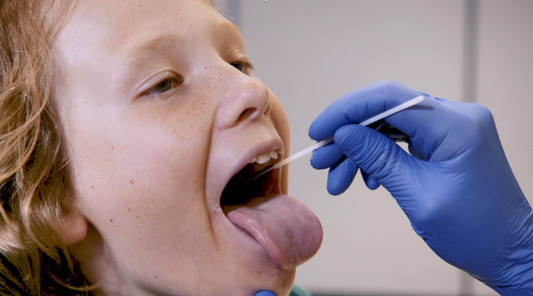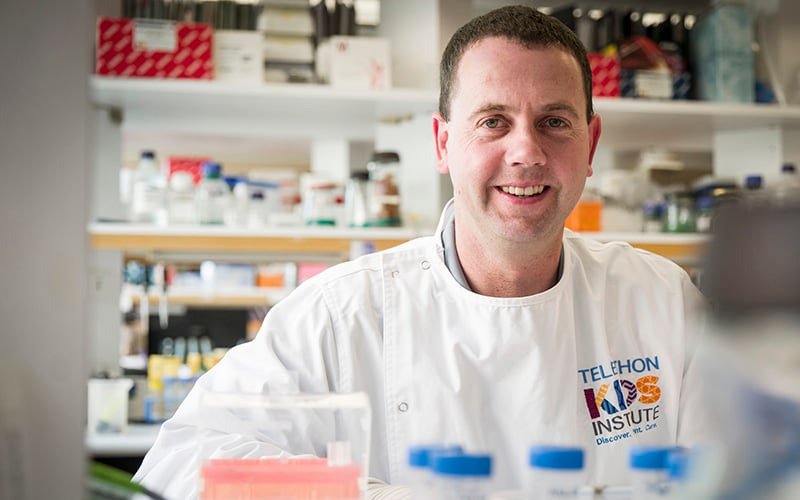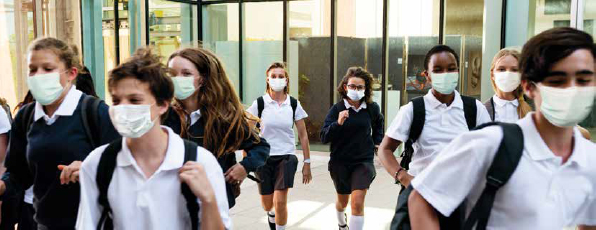Search

News & Events
Urgent action needed to tackle health impacts of climate changeThe Kids Research Institute Australia supports calls from the Intergovernmental Panel on Climate Change (IPCC) for transformational action if we are to secure a liveable future.

News & Events
Let the children speak: report calls for kids’ voices to be included in government policyA new The Kids Research Institute Australia-led report into the impact of state and national policy on children’s health has called for kids and families to have more say when it comes

News & Events
PhD scholarship paves the way for Australia-first healthy skin projectA The Kids Research Institute Australia PhD student has been awarded Western Australia’s only 2022 postgraduate scholarship by the National Health and Medical Research Council

News & Events
COVID tests well tolerated by WA school kidsA study conducted across 40 WA schools has found COVID-19 testing using a combined nose and throat swab was well tolerated by children as young as 4 years.

News & Events
The Kids Cancer Researcher wins prestigious Cancer Council WA awardThe Kids Research Institute Australia cancer researcher, Dr Jason Waithman, has been named Cancer Council WA’s 2021 Cancer Researcher of the Year.

News & Events
Sibling’s likelihood of autism diagnosis impacted by age gap, study findsThe Curtin University research in collaboration with The Kids Research Institute Australia, published in Autism Research, investigated more than 925,000 births in Denmark, Finland and Sweden.

News & Events
How the pandemic has shaped the mental health of our kidsThe Kids Research Institute Australia researchers went into 79 WA primary and secondary schools in 2020.

News & Events
School routes swimming in junk food adsPerth children are being exposed to thousands of junk food ads every year on their way to and from school, a study led by The Kids Research Institute Australia has found.

News & Events
Consumer engagement jewel recognised for changing the conversation on health researchPioneering health consumer advocate Anne McKenzie AM has been awarded the National Health and Medical Research Council’s prestigious Consumer Engagement Award in recognition of an almost 30-year career.

News & Events
Youth mental health survey during COVID lockdown supports calls for “blended” servicesA state-wide survey conducted by The Kids Research Institute Australia researchers has found there are significant benefits to offering youth mental health treatment via telehealth services.
